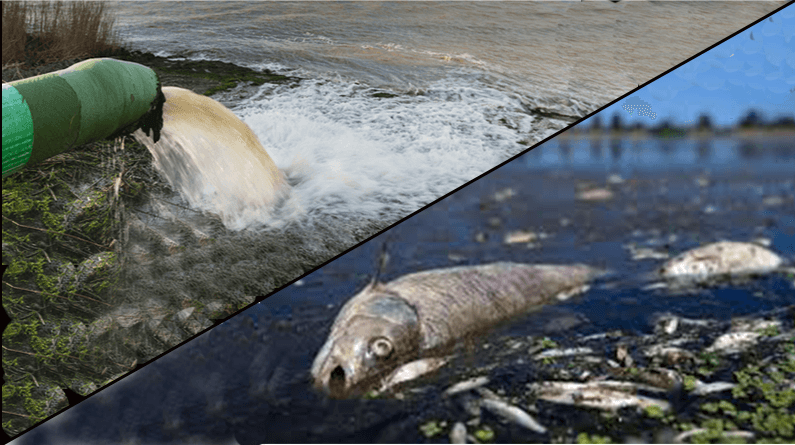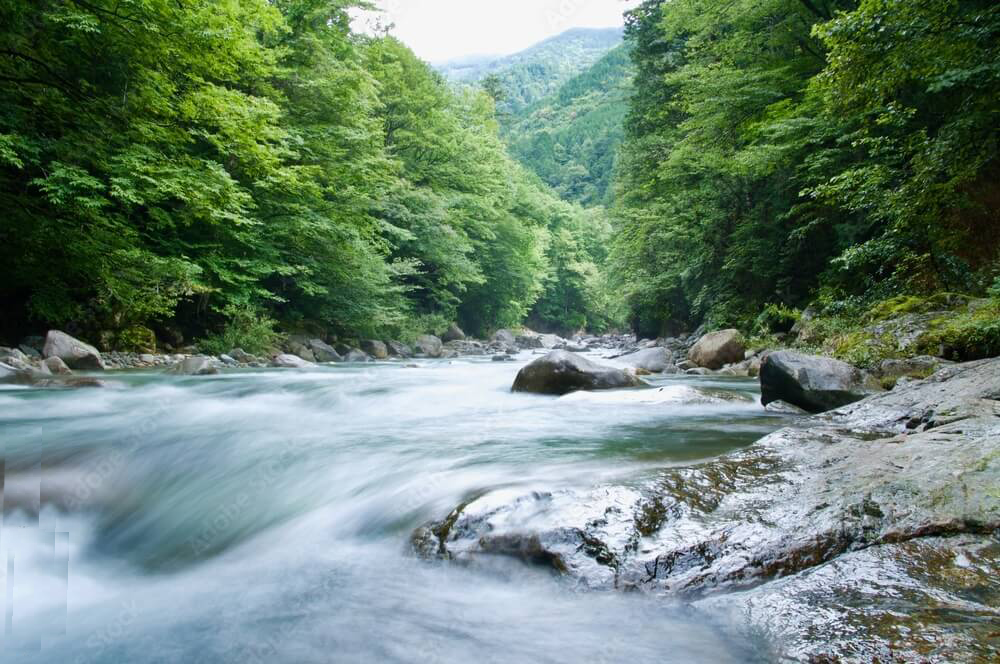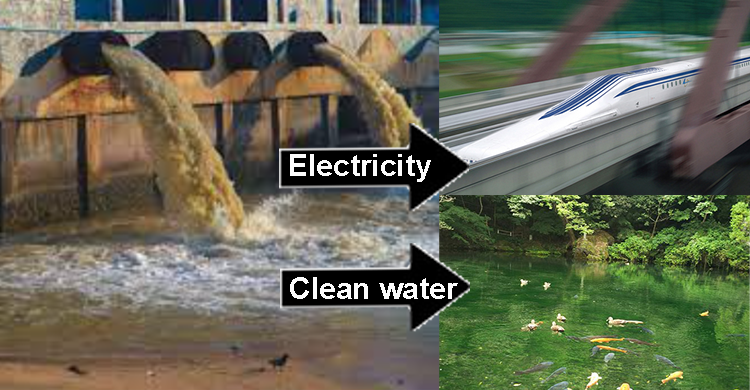The increase in electricity costs has a significant impact on both companies and households.
However, there is a small company located in Ehime Prefecture that has developed a technology that generates “electricity” from the “wastewater” discharged by the factories.
Contents
Developed by a small company
This company is called “Aiken Chemical Industry,” a water treatment manufacturer located in Matsuyama City, Ehime Prefecture.
Founded in 1982, the company with only ten employees has developed devices for treating wastewater discharged from factories.

The latest device that is attracting attention is the “Net Zero Energy Type Wastewater Treatment System.”
While a massive amount of electricity is required for wastewater treatment, this device not only cleans up the dirty water but also generates electricity during the treatment process.

The device obtained a patent, and the company won the Excellent Award at the “Monodzukuri(Manufacturing) Japan Award” announced in January of this year (2023).
The device requires a microbe called “Granule,” which is essential for the process. The microbe, which is 1-2 millimeters in size, has the property of converting organic compounds contained in wastewater into methane gas.

Granule
The process involves contacting factory wastewater with microbes. The organic compounds in the wastewater are then converted into methane gas.
By burning the methane gas within the device, it is possible to generate electricity by rotating a gas turbine, in addition to using it as a boiler.

The generated electricity is then reused as power for the wastewater treatment device, significantly reducing the factory’s electricity usage.
The technology of recovering energy from factory wastewater was developed in the Netherlands. However, there were issues such as high costs and low energy recovery efficiency, and it did not spread widely.

Microbes in water
The company succeeded in commercializing the product after about 20 years of research on microbes and improvements to the device.

President Iwata
The president says “I believe that the technology we have cultivated over many years can also be applied overseas”.
Recently, there has been an increase in companies that are interested in the energy-saving effects after introducing the equipment because the electricity cost has been dramatically rising.
Electricity costs about 40% less
We visited a frozen food factory in Saijo City, Ehime Prefecture, where the equipment is actually being used, and the electricity cost has already been reduced by about 40% due to the introduction of the equipment.

Commercial frozen chicken fried accounts for over 80% of the domestic market share and requires a large amount of heat to fry the food.
After the machines have finished production, they are washed every day, and wastewater containing meat scraps and other materials is generated. However, this wastewater is reused as energy. Since the wastewater contains many organic compounds, the energy recovery efficiency by microorganisms is high.

The wastewater is purified by an external device outside the factory and is also converted into methane gas by microorganisms.
It is then used as heat energy to heat oil. According to the factory, the introduction of the equipment has significantly reduced the use of electricity.
Mr. Ueda Kiku, the factory manager of Shikoku Chinuya Uwa Factory, said, “We reuse the energy generated from the wastewater to heat the oil and raise the temperature necessary for the steaming process during production”.

He says “I was surprised that we can generate energy from the wastewater that we used to incur costs to process.
We have also been able to reduce costs, which has been very helpful.”
Aiming for the overseas market
The technology has helped the factory reduce its electricity bills, and the company is now looking to export the technology to other countries, starting with Indonesia.
In January of this year, he visited Gorontalo Province located in central Indonesia.

The population of Gorontalo Province in central Indonesia is about 1.2 million.
Primary industries such as agriculture and fisheries are thriving, and fields of crops such as coconut and corn are scattered throughout the area.
When walking in the center of town, trash such as empty cans and plastic bottles is thrown into the irrigation canals, and there is a strong odor from the sewage.

Domestic and industrial wastewater is discharged without proper treatment, so water pollution in rivers and lakes is also a problem.
At a coconut processing plant
The article describes how the company’s President visited Indonesia earlier this year to explore business opportunities and met with a coconut processing plant that is struggling with high electricity bills due to its wastewater treatment costs.
He demonstrated how the company’s technology could be used to generate electricity from the plant’s wastewater, potentially providing a cost-saving solution for the plant.
The article notes that Indonesia is a promising market for the company’s technology, given the country’s growing demand for energy and its high levels of water pollution.
A large amount of electricity is required for wastewater treatment, but this province is facing a shortage of electricity, so measures have not been taken yet.

When Iwata calculated the energy that can be generated from the coconut processing wastewater, it was found that about nine times the amount of electricity currently used in the entire factory can be generated.
When Iwata conveyed the calculation results and mentioned that there are companies in Japan that sell surplus electricity, the company’s representative also showed interest, and they agreed to discuss the introduction of the equipment.

a CEO at the local company
The CEO says “We do not have the latest technology for wastewater treatment. I was surprised that the wastewater that was waste can be reused as energy.
We would like to work together, so please let us proceed with the negotiations.”

Indonesia, with a population of 270 million, the fourth largest in the world, is a market where high economic growth continues, and infrastructure development is struggling to keep up.
President Iwata believes that this market is overflowing with business opportunities.
He also believes that “although the domestic market is shrinking, economic growth continues in Southeast Asia.
Among them, I thought Indonesia, which has challenges in the environmental aspect, would be a good fit for our technology.
Having seen the actual situation on the ground, I am convinced that we can contribute.”








